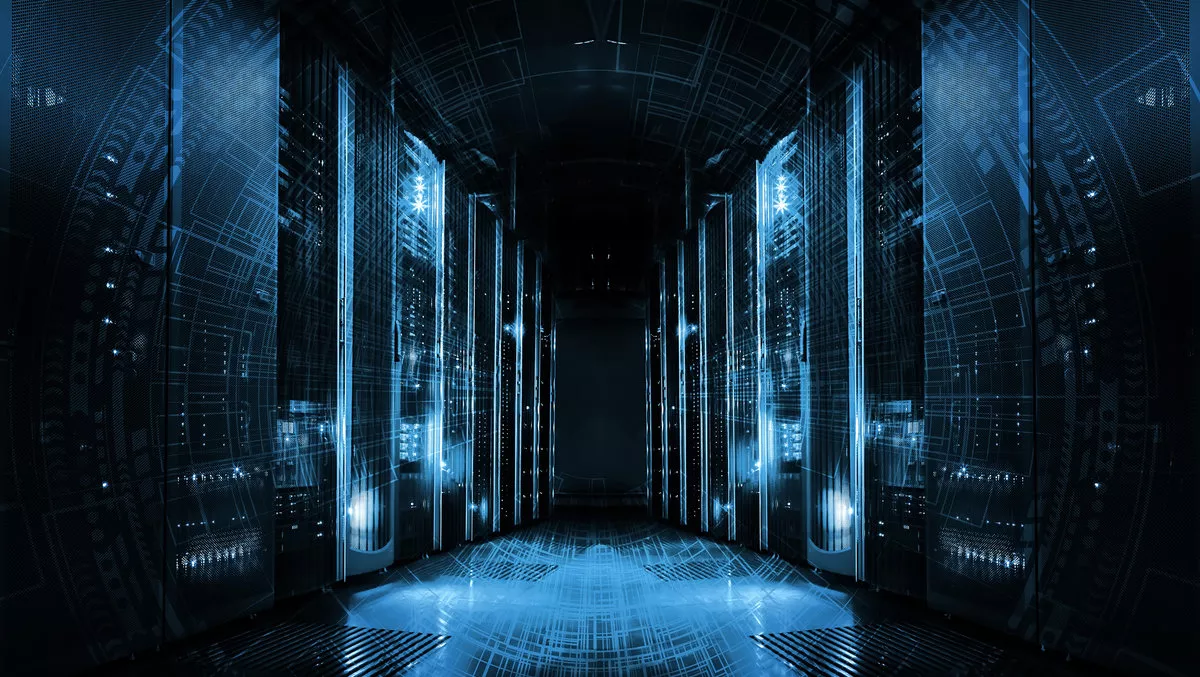
Business looks to expand mainframe capabilities in AI, Blockchain
New research has found that half of organisations will continue with mainframe and increase its use in the next two years, in comparison to just 5% planning to decrease or remove mainframe activity.
The Forrester Consulting Research, commissioned by hybrid IT services provider Ensono, in collaboration with information technology, consulting and business process services firm Wipro, involved 153 IT decision makers at director level or above across the USA and Europe.
The research found that while mainframes continue to be considered a critical piece of infrastructure for the modern business, it was surprisingly found to be an important element of modern technologies like AI and Blockchain.
Enterprises are now taking a hybrid approach to their infrastructure, migrating some applications to the cloud while maintaining certain business-critical applications on-premises and on mainframes, the study says.
While traditional applications and workloads (ERP (48%), finance and accounting (45%), HR management (44%) and ECM (43%)) remain the mainstay of the mainframe, 25% of those surveyed stated that mobile sites and applications were being put into the mainframe; 27% were running new blockchain initiatives and containerised applications.
"Mainframes have long hosted mission-critical business as applications like finance and accounting applications and enterprise resource planning (ERP) applications," says Forrester Consulting.
"This remains a constant today with more than 40% of companies with mainframes still running these workloads from the mainframe. However, more than a quarter of firms see the mainframe as a place to run emerging workloads like blockchain and containerised applications. These benefit from integrated security and massive parallelisation."
Brian Klingbeil, executive vice president, technology and strategy at Ensono, says they believe the research challenges popular opinion that mainframe is for legacy.
"Everything that made mainframe great in the past - security, reliability, versatility, performance - is still true today, and the latest generation of mainframe technology will now run the same cutting-edge applications and services as cloud infrastructure," explains Klingbeil.
" Mainframe modernisation is giving enterprises not only the ability to continue to run their legacy applications, but also allows them to embrace new technologies such as containerised microservices, blockchain and mobile applications," he says.
"Organisations don't modernise in a vacuum. The research supports what we see in our work with clients where many larger organisations are settling on a hybrid best-of-breed approach, allowing their IT decision makers to use the infrastructure that best suits their project," adds Klingbeil.
According to Kiran Desai, senior vice president and global head, cloud and infrastructure services, Wipro, mainframe modernisation is central to a long-term holistic hybrid IT strategy for enterprises leveraging mainframes.
"This research provides two very apt strategies for enterprises that allow them to take full advantage of mainframes the first being to refactor applications to take advantage of cloud; and the second, to modernise mainframes by adopting DevOps," he says.
"The research also shows that more than a quarter of firms see mainframes running emerging workloads like blockchain and containerised applications. We believe modern mainframes will have a significant role to play in the hybrid future of infrastructure," Desai says.
"We are confident that Ensono's decades of hosting and managed-mainframe experience, coupled with Wipro's deep expertise in mainframe applications support, cloud migrations and DevOps will help deliver improved services with increased efficiencies to clients."


